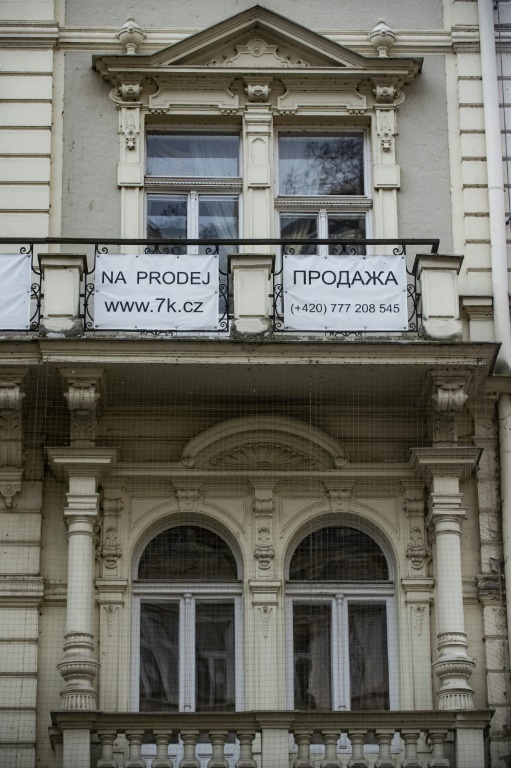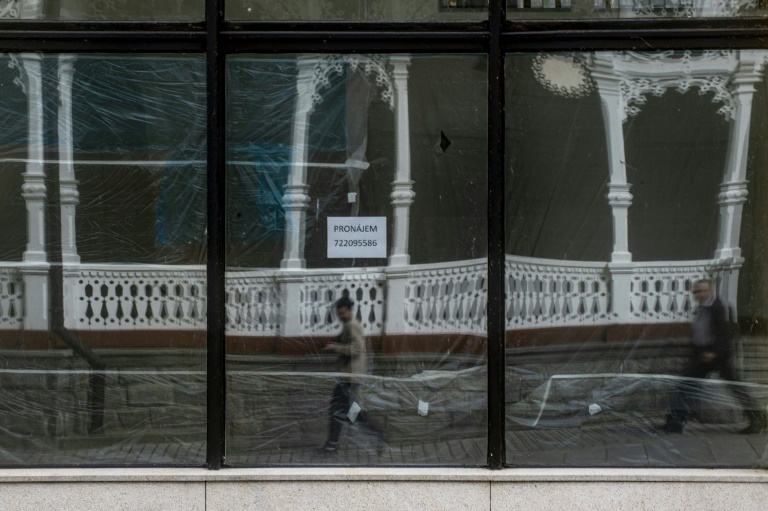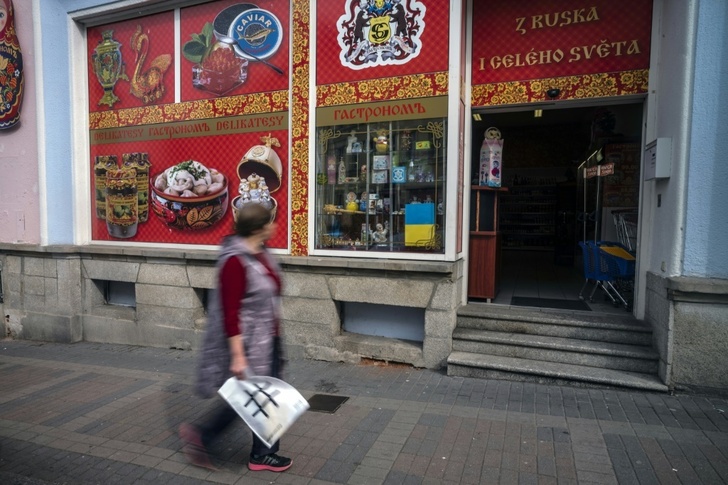UNESCO-listed Czech spa towns are hunting for new clients following a dramatic decrease in their foreign clientele due to the Covid outbreak and Russia's war on Ukraine.
While the anti-pandemic measures shuttered spa facilities temporarily, Russia's invasion of Ukraine and subsequent sanctions imposed on Russia by the European Union slashed the number of big-spending Russian clients virtually to zero.
The western Czech spa towns of Karlovy Vary, Marianske Lazne and Frantiskovy Lazne saw a glimmer of hope when UNESCO placed them on its World Heritage List, alongside eight other towns in western Europe, in 2021.
They were still reeling from the pandemic that had crimped tourism across the globe a year earlier.
But their joy was short-lived, as Russia invaded Ukraine in February 2022 and the Czech Republic, an EU member of 10.8 million, joined the sanctions.

In 2019, Czech spas registered 880,000 visitors. The number then fell to just over 500,000 in 2020 and 2021 before rising again to 840,000 last year.
But foreign client numbers fell from nearly 400,000 to fewer than 300,000 between 2019 and 2022, and the share of Russians tumbled from 61,000 to just a few thousand.
"The average Czech tourist spends around 700 koruna ($32) a day. Russian-speaking clients spend over 3,500 koruna a day," said Jan Herget, director of the state agency CzechTourism.
"So the total numbers are not so different, but financially it's a slump."
Clients from western neighbour Germany, the most frequent foreign guests at Czech spas, making up around one-quarter of the total, spend around 2,000 koruna a day, Herget added.
- 'Pamper local clients' -
Russian tourists also tended to stay for several weeks, while Czechs prefer weekend sojourns.
"We can see a tendency to switch from spa treatment stays to wellness and short-term stays. We're living in fast times," Pfeffer Ferklova said.

Another problem is inflation, which is only slowly decreasing from a record-high 18 percent in September last year, making Czechs reconsider their spending.
Eduard Blaha, head of the Czech Healing Spa Association, said it was a mistake to focus on Russian clients.
"We need to pamper local clients and offer them all options from treatment to tourism and wellness," he said.
CzechTourism is planning to woo clients from the Middle East and from former Soviet Union countries such as Azerbaijan or Kazakhstan.
"We need to make up for the drop in Russian guest numbers, because it's obvious that they are not coming back," Herget said.
Local spas could also treat patients suffering from the effects of Covid-19 from European countries with no spas, said Martin Plachy, deputy head of the Czech Healing Spa Association.
The western Czech spas are also planning joint promotion with other UNESCO-listed spa towns from Austria, Belgium, Britain, France, Germany and Italy.
"We would like to use UNESCO for a joint campaign for instance in the United States," Herget said.
Pfeffer Ferklova said the UNESCO-listed towns were cooperating on marketing and presentation, adding that the western European spa towns were hit by the Russian war too.
"I was in Baden-Baden (in Germany) last week, and they have exactly the same problem with the outflow of clients as Karlovy Vary," she said.
frj/mmp/cw
Your content is great. However, if any of the content contained herein violates any rights of yours, including those of copyright, please contact us immediately by e-mail at media[@]kissrpr.com.
Source: Story.KISSPR.com

